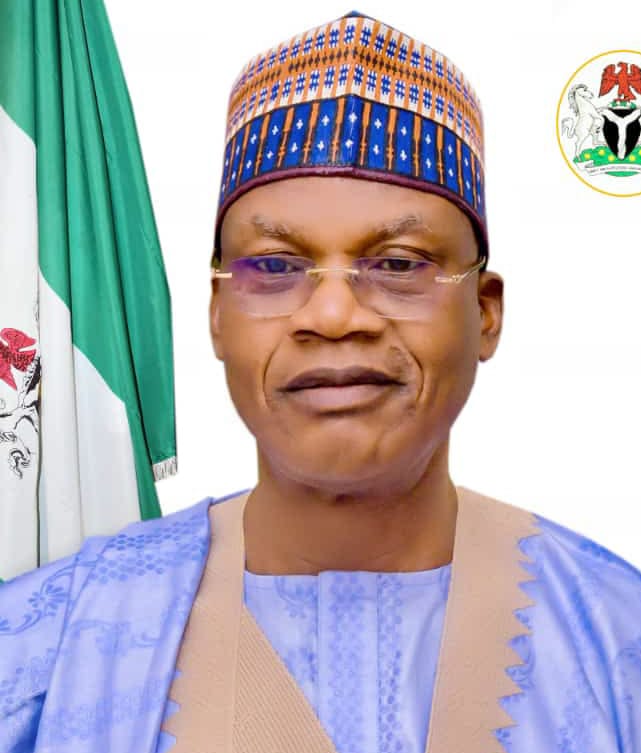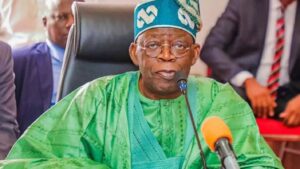
Nigeria key in solving Africa’s learning crisis — Minister
Nigeria’s Minister of Education, Tahir Mamman, has said the country must be a key voice in the conversations to improve foundational literacy and numeracy outcomes for children in Sub-Saharan Africa.
Mamman spoke during a breakfast meeting at the 2024 Education World Forum, organised by Human Capital Africa, in collaboration with the Foreign, Commonwealth and Development Office and the Association for the Development of Education in Africa.
At the gathering that brought together African education ministers and key education partners and stakeholders, who collectively renewed commitment to tackle the continent’s learning crisis, the minister asserted that many great programmes in the country, supported by development partners such as United Nations Children’s Fund and the World Bank, must be doubled down on.
Though the programme focused on secondary education, the Minister cited the World Bank-supported Adolescent Girls Initiative for Learning and Empowerment Project, being expanded across 18 Nigerian states, as a strong example of co-creating unified programmes that should then be replicated at the foundational level.
According to him, if this is done correctly, “everything else will fall into place.”
One key government partner, New Globe Education, has been instrumental in driving transformation across multiple states in Nigeria. By partnering governments, New Globe has shown that systemic reforms and targeted interventions could lead to immediate and significant improvements in student learning outcomes.
In Lagos State’s EKOEXCEL programme, the number of non-readers in Primary Two to Four was halved in over 1,000 public schools in just three years.
The Education Partnership Centre developed the LEARNigeria Remedial Programme to address foundational literacy and numeracy issues. LRP helps children acquire essential skills by starting instruction at their level and using assessment data to design tailored instruction. Early results show significant improvement in children’s literacy and numeracy skills after 24 days of remediation. TEP is now focusing on teacher professional development to enhance their ability to meet learners’ needs.
The event was marked by an unwavering focus on evidence-based approaches to guide policy, measurement and accountability among African leaders and development partners, who passionately called on development partners and stakeholders to scale up successful foundational learning initiatives – such as structured pedagogy and Teaching-at-the-Right-Level – and deliver integrated programmes to ensure cost-efficacy and impactful implementation.
This commitment to scale up successful interventions is a testament to the unwavering dedication of African leaders and partners to address the learning crisis.
The gravity of the learning crisis facing the continent was emphasised at the event. Data shows that nine in 10 African students lack basic literacy and numeracy skills, hindering academic progress, workforce readiness and economic growth.
Ministers and partners committed to leveraging the African Union Year of Education through the July 2024 AU Mid-Year Coordination Meetings in Accra, Ghana, and the FLEX ADEA High-Level Policy Dialogue in November in Kigali, Rwanda, to further champion foundational learning reform and scale successful interventions.
HCA is an organisation that uses evidence to mobilise governments to take action to improve foundational literacy and numeracy outcomes for children in Sub-Saharan Africa.




